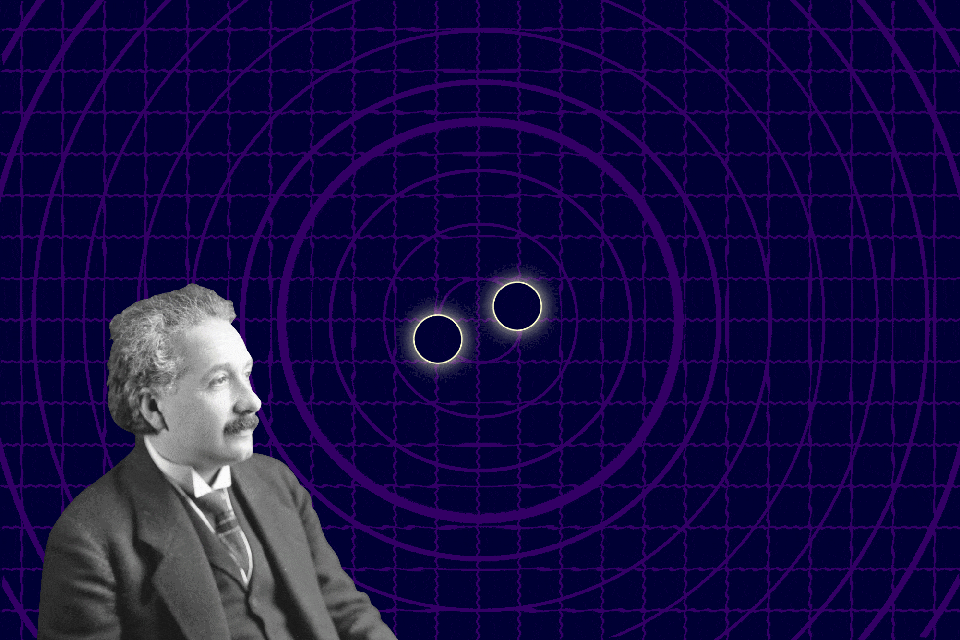The impetus for this piece was an essay I wrote for iBiology a year or so ago discussing the importance of scientific discovery for a a general science audience (i.e., our science peers who are not in our respective field). I was excited to write the piece because a lot of the Science FRIEDay articles I write focus on relatively recent scientific discoveries, and this article is more of an opinion piece. So why is scientific discovery important for an audience of science peers who do not explicitly work in our specific field?
It is easy to marvel at the wonders that exist on our planet and in the surrounding universe, the known discoveries. As a natural scientist, I also appreciate the beauty in the hidden mysteries of the natural world, those processes, behaviors, and functions that we have yet to elucidate. The notion and concept of scientific discovery is romanticized as a purist’s deed. Edwin Hubble said it best, “Equipped with his five senses, man explores the universe around him and calls that adventure Science.” A scientist’s basal desire is to further the state of knowledge, but equally we crave information about the fields of knowledge that are expanding around us, of which we are not explicitly involved. We aspire to understand the “99%”, at the very least surficially. The importance of this desire explains why scientific conferences play a major role in our profession, and journals such as Science and Nature are so popular. Yes, we as scientist want to share our new discoveries, but we are also equally as intrigued about what others have accomplished; we want to know how science is progressing outside of our bubble, especially those really groundbreaking feats. These coupled characteristics are a necessary component of science. Hearing and learning about the work of others fuels one’s own scientific passions to go and do more, and can often challenge an individual to think more creatively about their own research ideas and approaches. To a general audience of our scientific peers, sharing scientific discovery temporarily satiates the yearning that scientists have about the progression of knowledge, but also can serve as motivation and inspiration.

